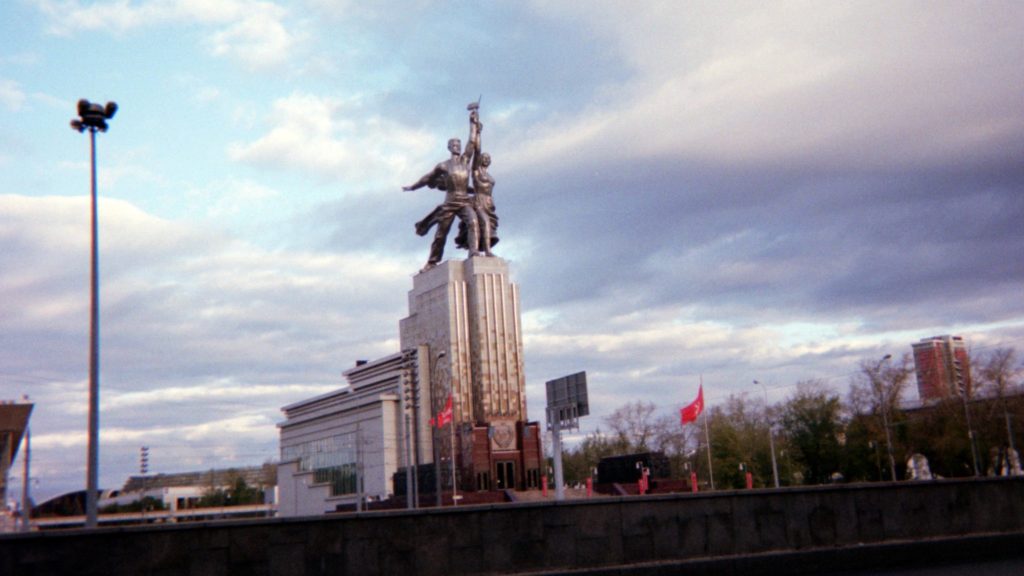
As of last week, Russian officials claimed that the spread of Covid-19 had stabilized throughout Russia, including in Moscow which has been hit the hardest. But some restrictions would remain in place in the capital until a vaccine was ready, which was estimated to be in July or August.
On Monday, the Russian news agency TASS reported:
The coronavirus incidence rate in Russia has decreased by 13 times after lockdowns were imposed and now is about two percent a day, Anna Popova, chief of Russia’s sanitary watchdog, said on Monday.
As of that date, there were 414,878 confirmed cases of the virus and 4,855 deaths.
A new antiviral drug has been approved to treat Covid-19 and will be available later this month according to RT:
On Saturday, the country’s Ministry of Health registered Avifavir, a domestic version of the Japanese drug Favipiravir, which is used against severe forms of influenza. Produced in a joint venture by the Russian Direct Investment Fund (RDIF) and the ChemRar group, the drug could be vitally important in the battle to defeat Covid-19.
“Avifavir is not only the first antiviral drug registered against coronavirus in Russia, but it is also perhaps the most promising drug against Covid-19 in the world,” said Kirill Dmitriev, CEO of the RDIF.
“It was developed and tested in clinical trials in Russia in an unprecedented short period of time, enabling Avifavir to become the first registered drug based on Favipiravir in the world.”
Meanwhile, Putin has ordered that the referendum on the proposed constitutional changes be scheduled for July 1st. The voting might be spread out over a week but no details were provided for how exactly the logistics would work.
A study by a Russian bank revealed that the country’s retail industry took an even bigger than expected hit from the 2-month lockdown, meaning that it will likely take until well into 2021 to recover:
In April, Russia’s retail trade turnover decreased by 23.4% in annual terms, which turned out to be worse than earlier expert forecasts. According to the Alfa Bank report, the steep decline in Russian retail may be due to the low prevalence of online commerce.
Experts interviewed by Nezavisimaya Gazeta noted that this year, retail trade and consumer consumption will not be able to return to pre-pandemic levels. “We expect that at the end of 2020, retail trade turnover may be reduced by 10%-15%,” BCS Premier’s Anton Pokatovich said. In his opinion, pre-coronavirus levels might be reached in the second half or even at the end of 2021.
A Fitch ratings analysis reinforced the idea of a significant economic setback:
Russia’s GDP will contract by 5% this year. Fitch first estimated the pandemic to trim 3.3% off of Russia’s already relatively lackluster growth rate. Next year won’t be enough to replace this year’s loss. Fitch is looking at gains of just 3%, meaning Russia will need 2022 to recover from just around three months of forced economic closures in 2020…
….The Russian Ministry of Economy also expects a 5% economic contraction this year, including 9.5% decline in the second quarter versus a year ago. If lockdowns are lifted and Russians are feeling excited to be out and about, then growth will return next year. Russia’s official projections have the economy growing over 3% for 2022 and 2023. If that looks low, Russia was growing at about half that rate for much of the last two years.
Ben Aris of Intellinews confirmed that the economic numbers for the second quarter – which encompassed most of the lockdown period – took a nosedive. However, he reported some positives that Russia has going for it:
Against the bad news, many of the fundamental macro indicators are still faring well. Inflation has not budged, despite the 20% devaluation in the ruble. And the ruble has only devalued by 20% despite an almost 60% fall in the price of oil. Likewise, Russia has actually managed to add to its international FX reserves, bringing them up to $570bn as of the start of May, while incomes – both nominal and real – were still growing in April. And the banking sector remains in good health, although profits are obviously going to be hurt this year. These results suggest the Russian economy is still fundamentally healthy and although it has come to a stop, not that much fundamental damage has been done so far. If the Kremlin can restart the economy now by lifting the lockdown there is a good chance for a strong rebound in 2021.